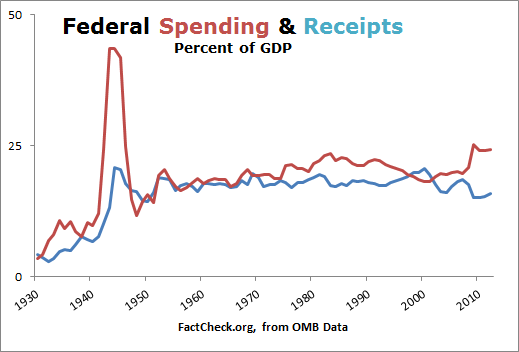I am dumbfounded that the story seems to be gaining salience
among many Americans that President Obama went to the Middle
East to apologize. No, he
went to the Middle East to call for democracy -- undermining the power of the many dictators in the region.
President Obama went to the oldest university in the world,
Al Azhar, a center of learning for Muslims of all nations, in a country ruled
by a dictator and explained what democracy meant, and called for the rule of
law and responsible government in the countries of the Middle East.
The dream of opportunity for all people has not come true
for everyone in America,
but its promise exists for all who come to our shores -- and that includes
nearly 7 million American Muslims in our country today who, by the way, enjoy
incomes and educational levels that are higher than the American average. …
And I believe that America holds within her the truth
that regardless of race, religion, or station in life, all of us share common
aspirations -- to live in peace and security; to get an education and to work
with dignity; to love our families, our communities, and our God. These things we share. This is the hope of all humanity. …
But I do have an unyielding belief that all people yearn for
certain things: the ability to speak
your mind and have a say in how you are governed; confidence in the rule of law
and the equal administration of justice; government that is transparent and
doesn't steal from the people; the freedom to live as you choose. These are not just American ideas; they are
human rights. And that is why we will
support them everywhere….
Governments that protect these rights are ultimately more
stable, successful and secure.
Suppressing ideas never succeeds in making them go away. America respects the right of all
peaceful and law-abiding voices to be heard around the world, even if we
disagree with them. And we will welcome
all elected, peaceful governments -- provided they govern with respect for all
their people.
This last point is important because there are some who
advocate for democracy only when they're out of power; once in power, they are
ruthless in suppressing the rights of others.
So no matter where it takes hold, government of the people and by the
people sets a single standard for all who would hold power: You must maintain your power through consent,
not coercion; you must respect the rights of minorities, and participate with a
spirit of tolerance and compromise; you must place the interests of your people
and the legitimate workings of the political process above your party. Without these ingredients, elections alone do
not make true democracy. [for more see http://www.whitehouse.gov/the-press-office/remarks-president-cairo-university-6-04-09
That was on June 4, 2009.
What happened next should not be considered direct responses to Obama’s
speech but as expressions of the broadly shared hopes for responsible leadership of the sort that Obama spoke of. It reflected a longing throughout the Middle East for fair and just governments that are
accountable to the people they govern, the kind of government Obama described.
Here are some signs that Obama’s
speech touched a chord.
* On June 12, 8 days
after Obama’s speech, Iran
exploded. The government held a
presidential election on that day and most Iranians believed their candidate,
Mir-Hussein Mousavi, had won by a land-slide.
In fact, they were astounded to hear, even before the polls had closed,
that the current President Mahmoud Ahmadenijad, declared the winner. That night people came out on the streets, not
[yet] to formally demonstrate but to discuss how this could have happened. But the government reaction was so severe that
within days many people were clashing with government-paid goons. Eventually, they would begin to chant “Death
to the Dictator” in the streets of Tehran.
The Iranians were demanding the just and
authentic democracy that Obama had called for.
* A year and a
half after the speech, almost to the day, the “Arab Spring” began. It began on December 18 in Tunisia when Mohamed
Bouazizi, in a fit of frustration at the way he had been treated by a local
official, set himself on fire in a street of Sidi Bouzid. The shock of the event instigated a riot that
spread throughout the country, and by January 14 President Zine El Abidine Ben Ali, a dictator that was broadly
presumed to be secure, fled the country.
* Demonstrations of
a similar sort were already in motion in Egypt and by February 11, 2011 President
Hosni Mubarak was out of power.
* That same week
demonstrations began in Libya
against Muammar Ghaddafi. It turned into
a long, drawn out civil war that eventually took Ghaddafi’s life in October.
* In the mean time
Yemen
was similarly wrought, and after much conflict President Ali Abdullah Saleh was
obliged to relinquish much of his power.
* Demonstrations
elsewhere were less successful: The struggle to dethrone President Bashar
Al-Assad is still going on; the struggle against King Hamad bin Isa Al Khalifa
has been ruthlessly crushed.
My point is that Obama’s speech seemed well to express the
desires of the frustrated peoples of the Middle East,
especially of the young people.
Apology? No. Rather, Obama's call for democracy marked a dramatic shift in
the aspirations of the peoples of the region, who had long suffered under cruel dictatorships.
 S
S